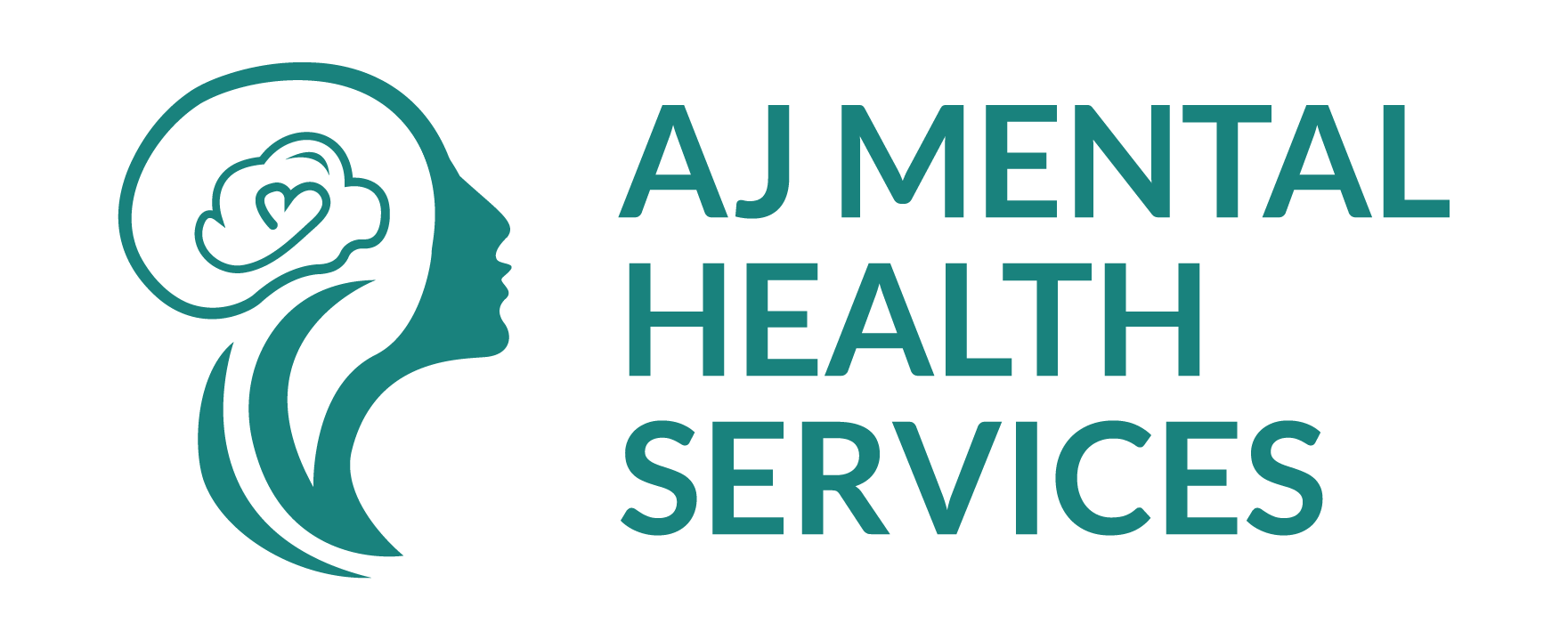FAQs
Frequently Asked Questions (FAQ)
We understand that starting mental health services can feel overwhelming. Below are answers to some of the most common questions about our Adult Rehabilitative Mental Health Services (ARMHS). If you don’t find the information you need here, feel free to contact us directly—we’re happy to help!
Frequently Asked Questions (FAQ)
1. What are ARMHS services?
Adult Rehabilitative Mental Health Services (ARMHS) are designed to help adults with mental health conditions develop the skills necessary to live independently and manage daily life. The services focus on improving emotional regulation, coping strategies, social skills, and practical life skills like managing finances and maintaining a household.
2. Who qualifies for ARMHS?
To qualify for ARMHS, you must:
• Be 18 years or older
• Have a mental health diagnosis that interferes with daily functioning
• Have a functional impairment in one or more life areas (e.g., personal care, employment, housing)
• Be enrolled in Minnesota Medical Assistance (MA) or a qualifying managed care plan
(If you’re not sure whether you qualify, contact us—we’ll walk you through the process.)
3. What types of mental health conditions are treated under ARMHS?
ARMHS can help individuals diagnosed with:
Depression and mood disorders
Anxiety disorders
Schizophrenia and other psychotic disorders
Bipolar disorder
PTSD (Post-Traumatic Stress Disorder)
Personality disorders
Other qualifying mental health conditions
4. Do you offer services in the client’s home or only at your office?
We provide flexible service delivery to meet your needs. ARMHS services are available:
• In-home – We come to you to provide care in a comfortable and familiar environment.
• In the community – We can meet you at local community centers, parks, or other locations.
• Telehealth – Virtual sessions are available for clients with transportation challenges or scheduling conflicts.
5. How long do ARMHS services last?
The length of services depends on your individual needs and progress. ARMHS services are not time-limited; you can continue receiving support as long as you meet the eligibility criteria and are making progress toward your treatment goals.
6. How is a treatment plan developed?
Your treatment plan is developed based on a Functional Assessment conducted by a licensed mental health professional.
The plan will:
Identify your strengths and challenges
Set measurable goals for recovery and independence
Outline the specific services and strategies that will help you achieve those goals
Treatment plans are reviewed and updated regularly to reflect your progress and any changing needs.
7. Is there a cost for ARMHS services?
ARMHS services are covered by:
Minnesota Medical Assistance (MA)
Most managed care plans under MA
Private insurance (contact us to confirm coverage)
Sliding fee scale for those without coverage (based on income)
Our intake team will help you verify your insurance coverage and explain any potential out-of-pocket costs before services begin.
8. What if I don’t have Minnesota Medical Assistance (MA)?
If you don’t have MA but think you might qualify, we can help you apply. Our team is experienced in navigating the MA application process and will support you step-by-step.
9. How soon can services begin after I apply?
After you complete the intake process and a functional assessment is conducted, services typically begin within 7–10 business days. If there’s an urgent need, we will work to accommodate you as quickly as possible.
10. Can I still receive therapy or medication management while enrolled in ARMHS?
Yes! ARMHS services are designed to complement other mental health treatments such as:
• Individual or group therapy
• Psychiatric care and medication management
• Substance use treatment
• Physical health care
Our team will coordinate with your existing care providers to ensure seamless and integrated support.
11. Can I participate in ARMHS if I live in a group home or assisted living facility?
Yes, ARMHS services are available to individuals living in a variety of settings, including:
Private homes or apartments
Group homes
Assisted living facilities
Transitional housing programs
Our goal is to help you develop the skills necessary to maintain stability in your living environment.
12. Do you offer services to individuals with dual diagnoses (mental health + substance use)?
Yes, we serve individuals with co-occurring mental health and substance use disorders. Our team will create a comprehensive treatment plan that addresses both conditions and helps you work toward recovery.
13. Can family members be involved in the treatment process?
Absolutely. Family members and other support people can play an important role in your recovery. With your consent, we can:
Involve family members in treatment planning
Provide family education on mental health and recovery strategies
Facilitate family meetings and communication coaching
14. How are progress and success measured?
We measure success based on your progress toward the goals outlined in your treatment plan. We track progress through:
Regular functional assessments
Client self-reports and feedback
Feedback from case managers and support networks
Our goal is to help you gain the skills and confidence to live as independently as possible.
15. What happens when I no longer need ARMHS services?
When you and your care team determine that you have reached your goals and no longer need ARMHS, we will help you transition to ongoing community support. This may include:
Peer support groups
Vocational and educational resources
Outpatient mental health services
Housing and financial assistance programs
Our goal is to help you build a stable and sustainable foundation for independent living.
16. What if I need to resume services after being discharged?
If your mental health needs change after discharge, you are welcome to reapply for ARMHS. We will conduct a new functional assessment to determine eligibility and create a new treatment plan if needed.
17. How do I get started?
It’s easy to begin the process:
Contact us to schedule a consultation or referral.
Complete an intake form online or over the phone.
We’ll guide you through the rest!
18. How do I contact you if I have more questions?
You can reach us by:
We’re here to help—no question is too big or small!
